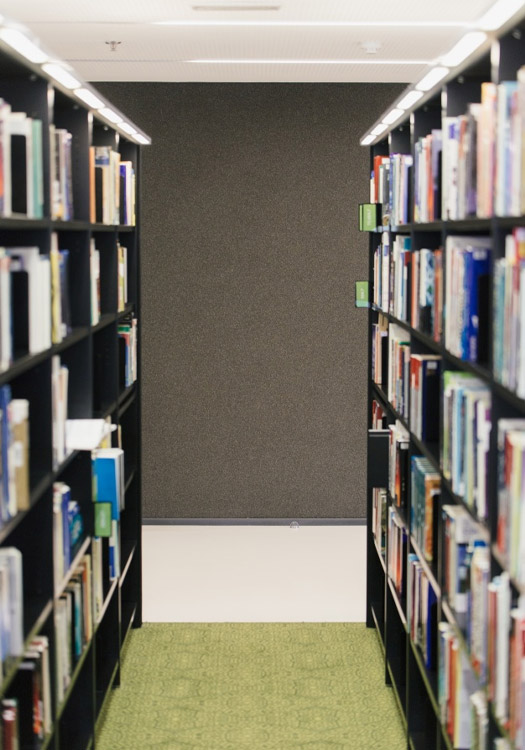Malaysia
WISE Center

Brief introduction to Taiwan-Malaysia WISE Center
The combination of environmental sustainability and low-carbon sustainable energy has recently become the main focus in the development of sustainable technologies. The United Nations (UN) has implemented 17 goals in the “2030 Agenda for Sustainable Development” in 2016 to act for solving climate change, eliminating poverty, and achieving equality and peace. Among them, Hungriness and Food Security, Clean Water and Sanitation, and Affordable Clean Energy are the three key indicators used relating to the environment and energy. It is also clear that the integration of Food-Energy-Water nexus (FEW) together with environmental issues has become one of the most important global research topics in various research fields.
-
Asia is the region with the fastest economic and population growth, apparently the demand for clean water and sustainable energy is the highest in the world. However, most of the Southeast Asian countries including Malaysia are facing issues in clean water quality and sustainable energy. As the second largest economy in ASEAN countries, Malaysian government is actively encouraged the industries, ministries, educational and research institutions to develop and implement clean water and sustainable energy technologies in order to comply with the UN 2030 Agenda for Sustainable Development. National Tsing Hua University (NTHU) is a well-known internationally university in water treatment innovation, low-carbon green energy and applied advanced materials in the field of environment. Malaysia also has good performance in thin film technology, bio-energy development and water treatment. Therefore, through the cooperation between the NTHU and the Malaysian Alliance, i.e. UniversitiTeknologi Malaysia (UTM), UniversitiSains Malaysia (USM) and Universiti Malaysia Perlis (UniMAP), the Overseas Research Center for Water Innovation and Sustainable Energy (WISE Center) will jointly promote the development of novel technologies and cultivate talents for clean water and sustainable energy. The cooperation not only able to link the key areas such as water and energy together, at the same time it will also enhance the academic community inSoutheast Asia and South Asian countries for the research cooperation establishment between Taiwan and Southeast Asian countries in the areas of clean water and energy sustainability. It is also will cultivate bilateral research talents and encourage Taiwanese talents to global stage.
The main purpose of this project is to set-up a WISE Center Headquarter at UTM and a branch office at UniMAP, through the integrated research and international cooperation between Taiwan and Malaysia on the 2 important cutting-edge research fields, which are “clean water” and “sustainable energy”. In this 3-year’s project, we aim to achieve the technological innovation, cultivate local talents, technological internationalization and environmental sustainability.With the strategic geographical location, excellent research skills and capabilities, and high international competitiveness, NTHU will be able to spread/transfer its innovative technologies relating to nanomaterials, clean water and sustainable energy to Southeast Asia, South Asia, Middle East countries, and even to New Zealand and Australia through the WISE Center. It will not only establish the talents database in the Southeast Asia and South Asia regions, but also initiate the bilateral or multilateral academic exchanges. At the same time, to promote international academic cooperation and industrial upgrading. We strongly hope that the key materials and novel technologies used relating to water treatments and sustainable energy from Taiwan will be deeply cultivated in the Southeast Asia and South Asia regions. At the same time, using the dynamic and flexible approaches to build the close relationship between Taiwan and Southeast Asia and South Asia countries in research and innovation will tremendously enhance Taiwan’s research capabilities and international visibility in these key areas.


